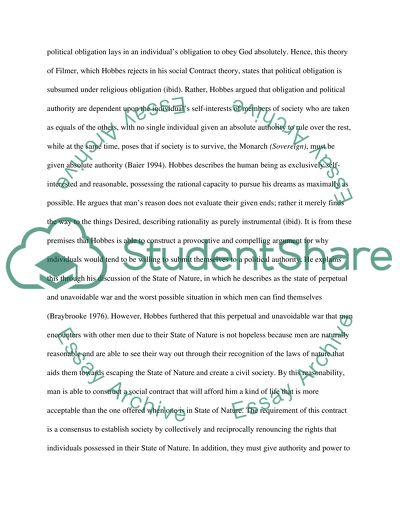Cite this document
(“Critically assess the implications of Social Contrant Theory (SCT) for Essay”, n.d.)
Retrieved from https://studentshare.org/miscellaneous/1547118-critically-assess-the-implications-of-social-contrant-theory-sct-for-relations-between-the-individual-and-state
Retrieved from https://studentshare.org/miscellaneous/1547118-critically-assess-the-implications-of-social-contrant-theory-sct-for-relations-between-the-individual-and-state
(Critically Assess the Implications of Social Contrant Theory (SCT) for Essay)
https://studentshare.org/miscellaneous/1547118-critically-assess-the-implications-of-social-contrant-theory-sct-for-relations-between-the-individual-and-state.
https://studentshare.org/miscellaneous/1547118-critically-assess-the-implications-of-social-contrant-theory-sct-for-relations-between-the-individual-and-state.
“Critically Assess the Implications of Social Contrant Theory (SCT) for Essay”, n.d. https://studentshare.org/miscellaneous/1547118-critically-assess-the-implications-of-social-contrant-theory-sct-for-relations-between-the-individual-and-state.


